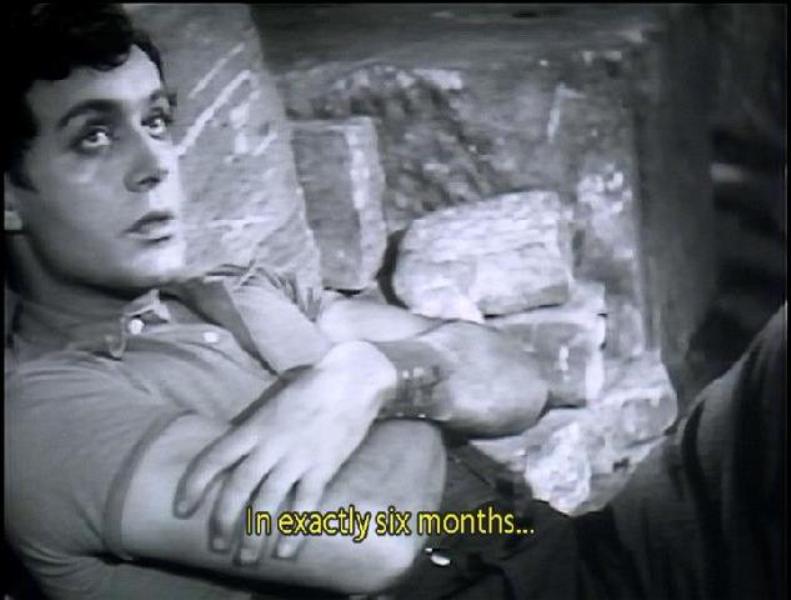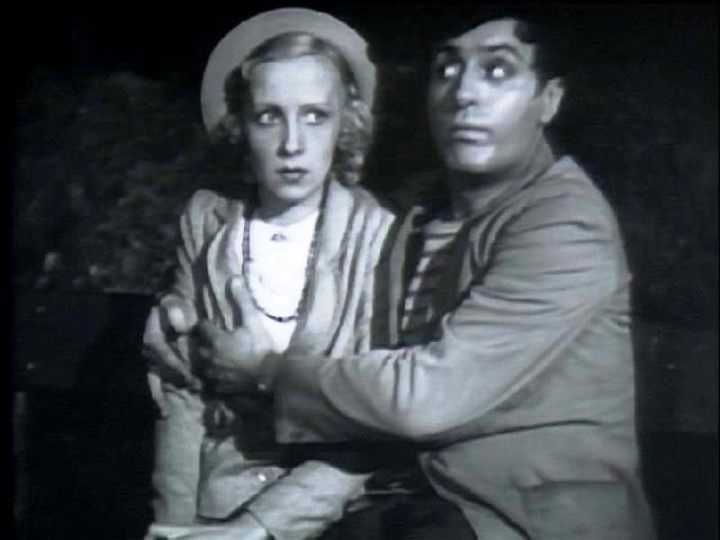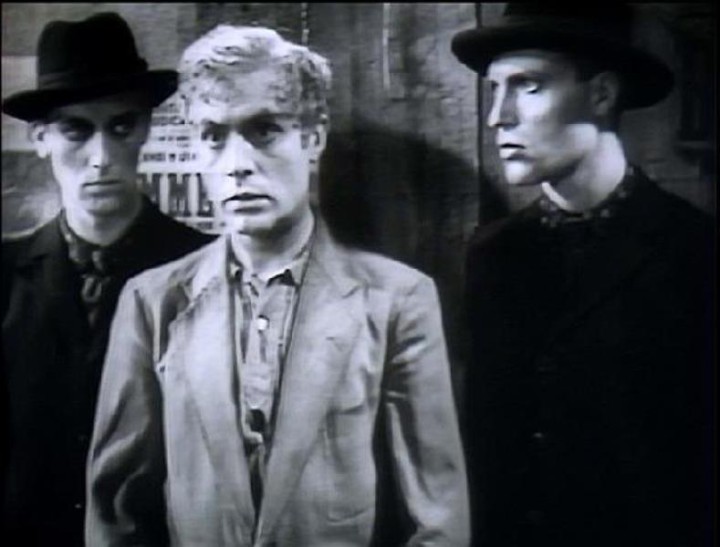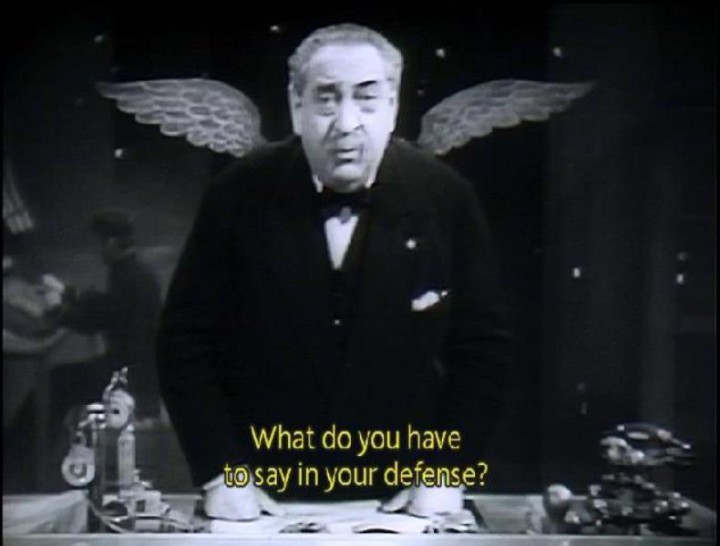This oddity from famed filmmaker Fritz Lang was a one-shot affair made in France between his departure from Germany and his career in Hollywood. For years, the film only seemed to exist in a cut and non-subtitled version that was often mistakenly assumed to be the French language version of the only recently available 1930 Frank Borzage adaptation of Ferenc Molnar’s famous play. However, this 1934 Fox-Euro production is a separate entity in its own right that was recently restored to its original length and brought out for the American market. (That the restoration does not extend to the typically shoddy National Film Museum DVD is a great pity, and it’s startling that Kino would align themselves with these cheesy public domain merchants.)
It’s both better than its earlier reputation, which was based on the cut version, and yet still disappointing in some ways. The early scenes are probably the best part of the film, capturing the atmosphere of the story quite well — for a while. The problem is this part of the film just dawdles after the set-up and goes on way too long. It all looks worse now that it can be compared with the Borzage film, which is ethereal, where this is mundane. (That may be the temperamental differences of the two filmmakers.) A bigger problem lies in Lang’s depiction of heaven.
That it’s a reflection of earthly bureaucracy is fine, even if the sets are a somewhat cheesy view of heaven as a Busby Berkeley musical. It’s the heaviness of touch that blunts the work. After a fine, Cocteau-worthy opening to these scenes, the rest plays like bad burlesque. It’s hard not to think that Lang would have done better had he depicted Liliom’s (Charles Boyer) 16 years in purgatory, but those take place offscreen. The major inspiration lies in the idea that records are kept on movie film — film that can also play back the thoughts of the subject — but put up against Borzage’s vision of the afterlife, this is weak tea. The final scenes smooth this out some — even if the justification for domestic abuse is as specious as it ever was — but the touch for this kind of fantasy just seems to elude the great filmmaker. Recent claims that this was Lang’s personal favorite of his films are not wholly convincing. I’d have to see how that was phrased, in what context — and from a reliable source before I’m buying that.
Classic World Cinema by Courtyard Gallery will present Liliom Friday, June 13, at 8 p.m. at Phil Mechanic Studios, 109 Roberts St., River Arts District (upstairs in the Railroad Library). Info: 273-3332, www.ashevillecourtyard.com







Before you comment
The comments section is here to provide a platform for civil dialogue on the issues we face together as a local community. Xpress is committed to offering this platform for all voices, but when the tone of the discussion gets nasty or strays off topic, we believe many people choose not to participate. Xpress editors are determined to moderate comments to ensure a constructive interchange is maintained. All comments judged not to be in keeping with the spirit of civil discourse will be removed and repeat violators will be banned. See here for our terms of service. Thank you for being part of this effort to promote respectful discussion.